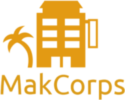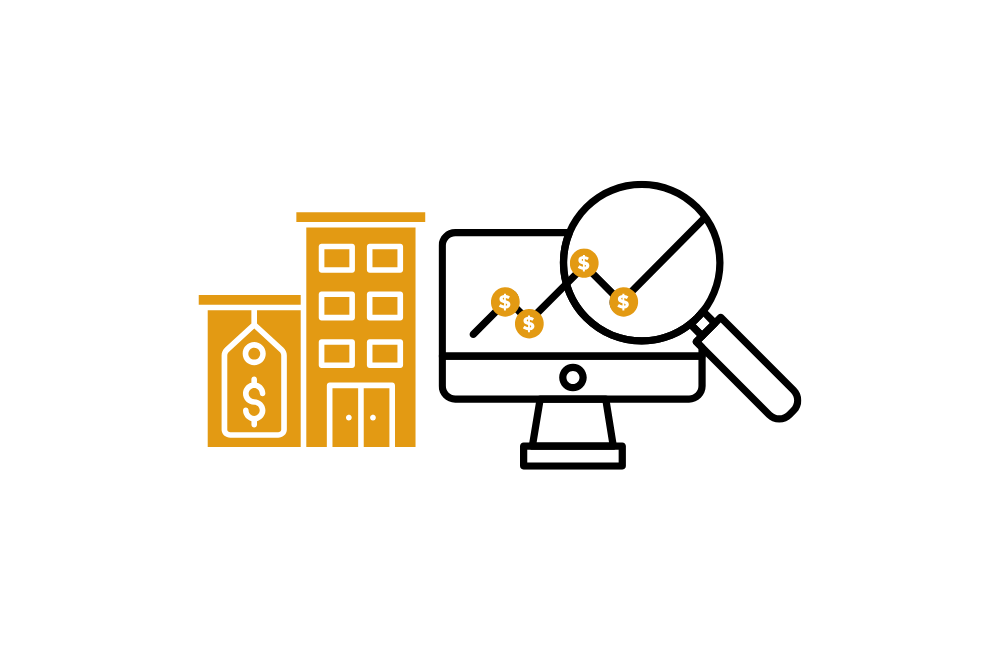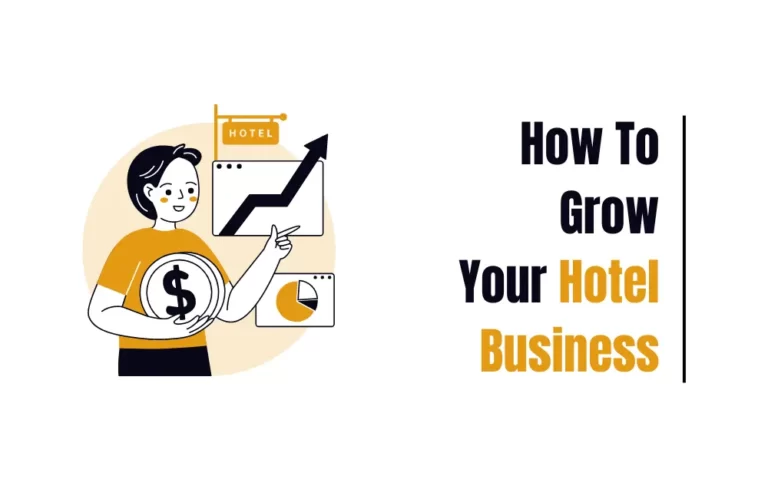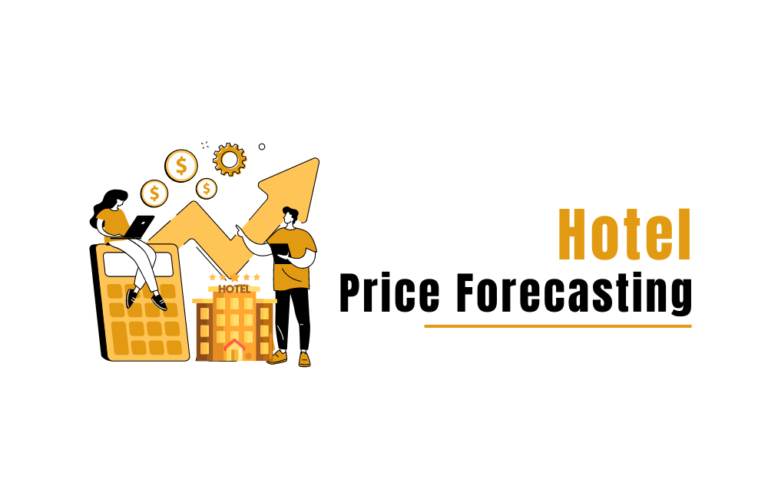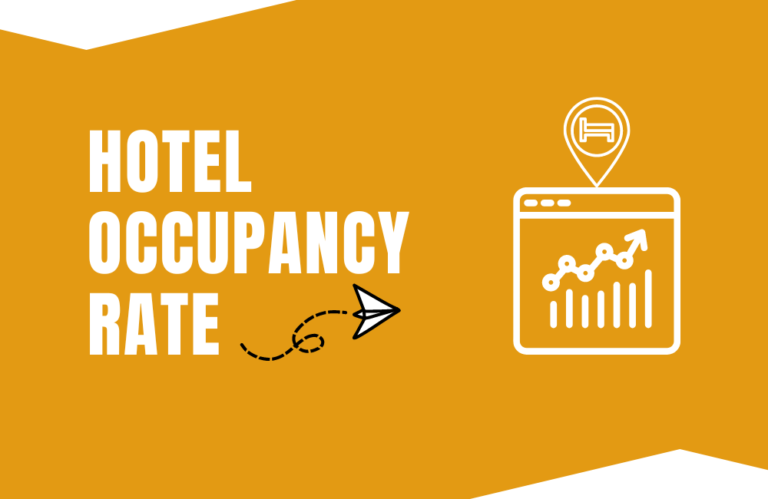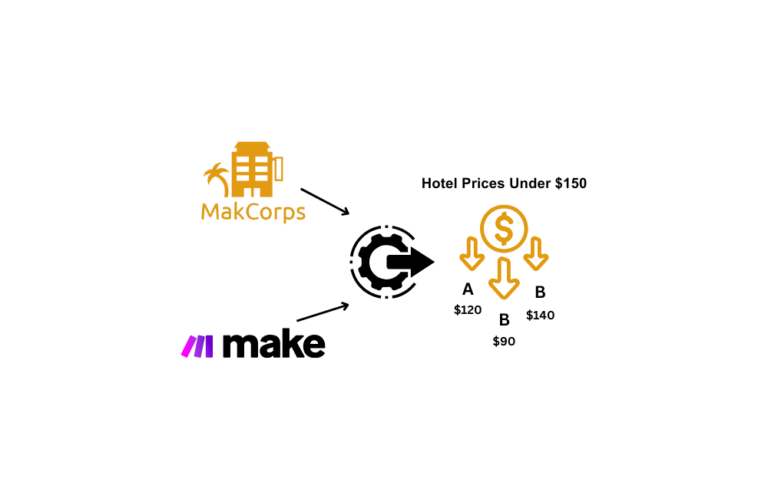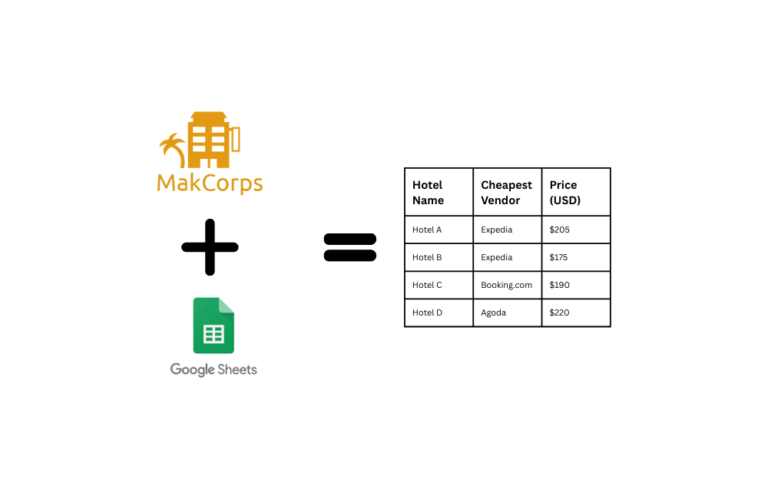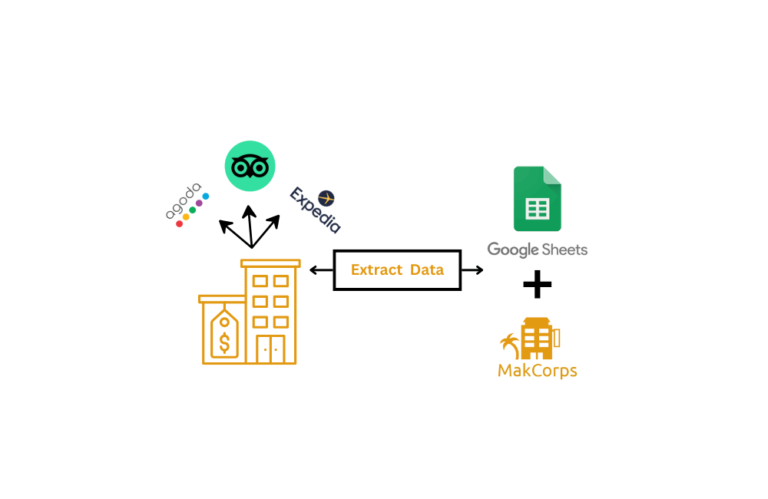Hotel Price Monitoring: How To Track Hotel Prices Via API
Let me ask you this—how often do you second-guess your hotel prices? Are you charging too much and losing guests? Or too little and missing out on revenue? The truth is, pricing is everything in the hotel industry. It’s what drives bookings, fills rooms, and keeps your profits alive.
But here’s the problem: without the right tools, staying competitive is like a never-ending guessing game. That’s why hotel price monitoring is crucial. By tracking rates in real-time, you get the insights you need to stay one step ahead of your competitors—without breaking a sweat.
If you want to set prices to increase your hotel bookings and grow your revenue, you’re at the right place. Read further to explore everything from what hotel price strategy is to why it matters and how to do it.
What Is Hotel Price Monitoring ?
Hotel price monitoring means keeping track of hotel room prices in real time. It helps hotels and online travel agencies (OTAs) see what competitors are charging, understand market trends, and adjust their own rates to stay competitive.
Here’s how it works: By using hotel rate monitoring tools or API, live pricing data is collected from various sources, like booking websites or competitor platforms. This data is then analyzed to find opportunities. Such as: Whether to increase rates during high demand or lowering them to attract more bookings.
Why Hotel Price Monitoring is Crucial for Hoteliers?
Competitive Advantage
Competition is fierce in the hotel industry, so keeping an eye on competitors is non-negotiable. According to a recent research study on the global hospitality market size, the industry was valued at approximately USD 3953 billion in 2021 and is projected to grow at a CAGR of 10.24%, reaching over USD 6716.3 billion by 2028. This significant growth has skyrocketed competition as more businesses will compete for market share.

By tracking competitor rates, hoteliers can respond strategically to market shifts. For instance, when nearby hotels lower prices during slower seasons, monitoring tools allow for quick adjustments to stay competitive without sacrificing profits. In this dynamic market, having up-to-date competitor price insights is the key to maintaining a strong competitive edge.
Real-Time Decision-Making
Hotel prices can fluctuate rapidly based on factors like demand spikes, events, or even weather changes. Real-time monitoring tools make it possible to implement dynamic pricing strategies on the fly. If demand surges during peak travel seasons, prices can be increased to maximize revenue. Conversely, when demand dips, reducing rates is just enough to attract budget-conscious travelers. This way, it prevents rooms from going empty.
Revenue Growth and Optimization
Price monitoring directly impacts profitability. By analyzing data from various sources, hoteliers can identify patterns and optimize their pricing strategies for higher revenue. For example, knowing when to offer discounts or create special packages can attract more bookings while maintaining healthy profit margins. Smart hotel price monitoring ensures that every rate decision contributes to long-term growth and financial success.
How To Track Hotel Prices From Expedia And Booking.com Using Makcorps Hotel API?
Follow the step-by-step instructions to track hotel prices from Expedia and booking.com:
Step 1: First Step is to signup for the free pack from the website.
Step 2: Once you sign up, you have to use your username and password to get the JWT token from the POST API like this. Let’s understand this with a simple Python code. We will use the requests library to implement this task.
Step 3: Once you print this you will get a JSON response which will contain a JWT token.
The response will look like this.
{'access_token': 'eyJ0eXAiOiJKV1QiLCJhbGciOiJIUzI1NiJ9.eyJleHAiOjE2NzQ5MTQ3MjUsImlhdCI6MTY3NDkxMjkyNSwibmJmIjoxNjc0OTEyOTI1LCJpZGVudGl0eSI6MTczNn0.je1SjEiEF7nSwZ0Dg8n4mUV2ipWt8DsK-s8CJT4IY5M'}
Step 4: In this final step we are going to make a GET request to the pricing API using the JWT token we have generated in the II step. Again we are going to use the requests module of python.
Step 5: Once you run this code you will get a JSON response of 30 hotels from Sydney. The response will look like this.
Step 6: Now, this JSON response will show you the top 4 cheapest OTAs and their offer price for that particular hotel. This response will consist of top OTAs like booking.com, Expedia, Hotels.com, Priceline, etc.
Now, one thing you might be thinking is for which date are these prices for? Well in the free pack, you get prices for a random date. If you want to get prices according to particular check-in and check-out dates then you should try our premium APIs.

In those APIs, you can get prices for any date. You can contact us to get a trial of our premium APIs.
Benefits of Tracking Hotel Prices
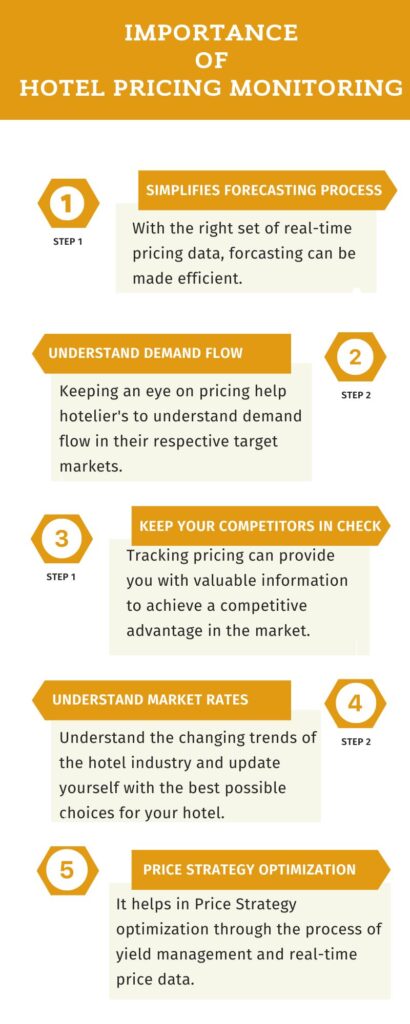
1. It Simplifies the Forecasting Process
Hotel rate monitoring allows you to track hotel prices with ease. When you keep track of hotel prices it becomes quite easy to forecast rightly and accordingly, set your marketing activities in accordance with that.
Forecasting can be an overwhelming process for hotel owners, but with the right set of real-time pricing data, it can be made efficient.
2. Understand Demand Flow in Your Target Markets
Keeping an eye on Hotel Room Rates can help business owners to understand demand flow in their respective target markets.
You can quickly pick up when your hotel rooms are highest in demand and when you experience lesser bookings. This will help you adjust your business strategy throughout the year to generate higher profits and attract more customers.
3. Keep Your Competitors In Check
By tracking hotel room pricing you not only optimize your pricing but also understand your competitor’s pricing strategy.
It is equally essential that you keep what’s buzzing in your local market in check. Tracking pricing for hotels can provide you with valuable information that can further help you to achieve a competitive advantage in the market.
4. Understand Rate Changes in Market
Understand the changing trends of the hotel industry and update yourself with the best possible choices for your hotel.
Tracking hotel room pricing gives an insight into both hotel price history and current trends through which you can easily manage your business’s important functions.
5. Helps in Price Strategy Optimization
Monitoring hotel prices also helps in Price Strategy optimization through the process of yield management and real-time price data.
For doing so, you can actually use the data intelligence solutions to calculate yield and accordingly optimize your price strategy in a way that is beneficial throughout the year.
Hoteliers use Yield Management for a foolproof pricing strategy as it doesn’t just forecast but actually calculates precise percentages and results which can be applied to practical use.
So, now you have learned the nitty gritty of hotel price monitoring, it’s time to learn
Frequently Asked Questions:
Is There Any Tool That Offers Hotel Pricing Monitoring For Free?
Not entirely, but Makcorps Hotel Pricing API is one such pricing monitoring tool that offers you a free trial for 30 days with 30 API calls . Afterward, you can switch to premium and also take a custom plan according to your hotel price searching requirements.
Who Can Use Hotel Price Tracking Tool ?
Hotel price tracking tools aren’t just for the hospitality industry. While hotels, OTAs, and revenue managers use them to adjust rates and maximize revenue, it is valuble for these businesses as well:
- Travel Agencies: To offer competitive vacation packages.
- Market Researchers and Economists: To analyze pricing trends and industry performance. Find out, more uses of hotel price data for economists and market researchers.
- Tour Operators: To optimize bundled travel offerings.
Does Monitoring Competitors Hotel Prices Impact On Sales?
Monitoring the prices of your rivals alone would not make a direct impact on your hotel sales. But, analysis of pricing data, forecasting, and creating a better pricing strategy using hotel price tracking tools surely make a significant change in increasing your hotel’s bookings.
Conclusion:
In this journey through the complexities of the hotel industry, we’ve unraveled the value of price monitoring for your hotel’s success. It’s a compass for strategic decision-making, an answer to competitive challenges, and a pathway to maximizing revenue.
Now, it’s time for action. The next step for you, dedicated hoteliers and OTAs, is to implement this strategy with a reliable tool. Turn to the MakCorps Hotel Price Comparison API for Hotels to leverage competitive price comparisons from 200+ OTAs, agencies, and hotel chains.
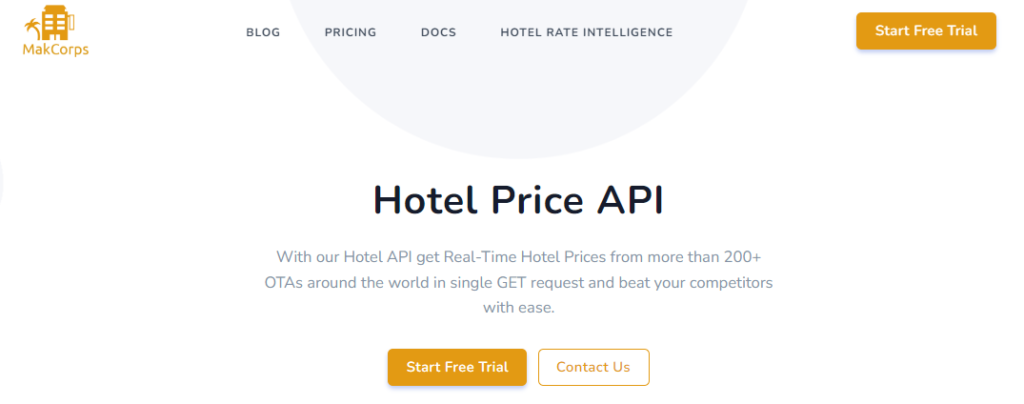
So, are you ready to boost your profits and elevate your pricing strategy?
Contact us to get MakCorps Hotel Price API NOW.
